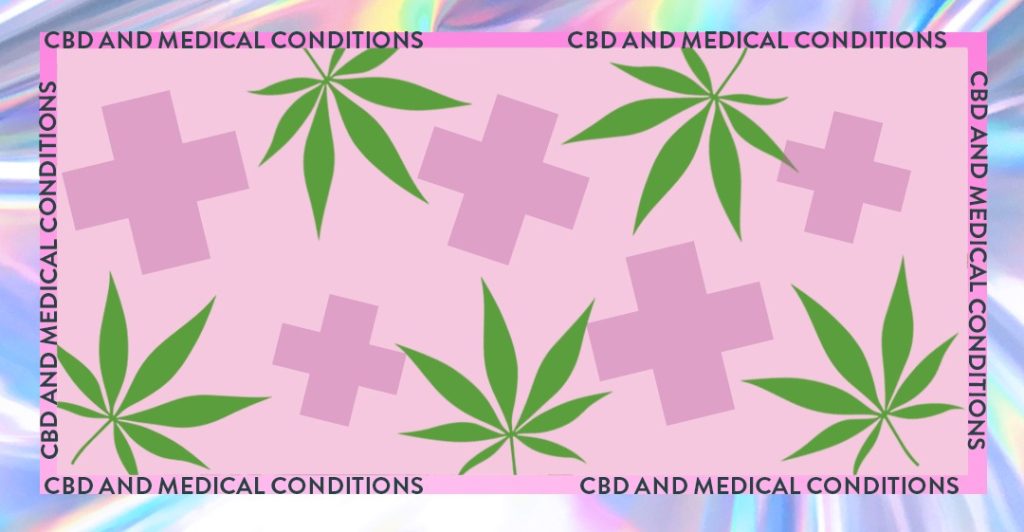Introduction
CBD (cannabidiol) is a popular cannabinoid known for its potential therapeutic benefits. The appropriate dosage of CBD can vary depending on various factors, including an individual’s body weight, tolerance, and the intended purpose of use. In this comprehensive guide, we will explore the safety and considerations of consuming 200 mg of CBD, referencing governmental bodies and academic sources for guidance.
CBD Gummies and Capsules
Governmental Bodies
The U.S. Food and Drug Administration (FDA) does not provide specific dosage recommendations for CBD, but it has approved a prescription CBD medication called Epidiolex for the treatment of specific seizure disorders. For over-the-counter CBD products like gummies and capsules, the FDA emphasizes the importance of following product labeling instructions and consulting with healthcare professionals regarding appropriate dosages. Buy weed pens from a vessel brand
Academic Perspective
Research on CBD dosages suggests that 200 mg of CBD is a relatively high amount, and dosing requirements can vary significantly from person to person. It’s essential to start with lower doses and gradually increase until the desired effects are achieved. Very high doses like 200 mg may be necessary for certain medical conditions but should be administered under the guidance of a healthcare provider.
CBD Oil
Governmental Bodies
CBD oil is a concentrated form of CBD, and the FDA has not established a Recommended Daily Allowance (RDA) for CBD. The FDA recommends that consumers read product labels and adhere to dosing instructions provided by reputable manufacturers.
Academic Perspective
A dosage of 200 mg of CBD oil is considered high for most individuals. Academic research suggests that a typical therapeutic dose for various conditions ranges from 10 mg to 100 mg of CBD per day. Very high doses, such as 200 mg, are often reserved for specific cases, such as managing severe pain or certain medical conditions. Such doses should be administered under medical supervision.
Considerations
Individual Factors
Individual factors play a significant role in determining the appropriate CBD dosage. These factors include body weight, metabolism, the severity of the condition being treated, and individual sensitivity to CBD. What may be a suitable dose for one person may not be the same for another.
Potential Side Effects
Consuming a high dose of CBD, such as 200 mg, may increase the likelihood of experiencing side effects, including dizziness, dry mouth, changes in appetite, diarrhea, or fatigue. It is essential to monitor for adverse effects when using higher doses and adjust as needed.
Delta-10 gummies
Delta-10 gummies are edible products infused with delta-10 tetrahydrocannabinol (delta-10 THC), a relatively lesser-known cannabinoid found in the cannabis plant. Delta-10 THC is chemically similar to delta-9 THC, the primary psychoactive compound in cannabis, but it is believed to have distinct effects.
These gummies are designed for recreational use and are consumed orally. Delta-10 THC is thought to offer a unique and potentially milder psychoactive experience compared to delta-9 THC. Users may experience feelings of euphoria, relaxation, and altered perception without the intensity often associated with delta-9 THC.
Conclusion
While 200 mg of CBD is a relatively high dose and may be appropriate for specific medical conditions, it is crucial to approach such doses with caution. Starting with lower doses and gradually increasing under the guidance of a healthcare professional is generally advisable. Additionally, individuals should choose high-quality CBD products from reputable manufacturers and follow product labeling instructions to ensure safety and effectiveness.
Ultimately, the suitability of a 200 mg dose of CBD depends on individual factors, the intended purpose of use, and consultation with a healthcare provider when dealing with high doses.

